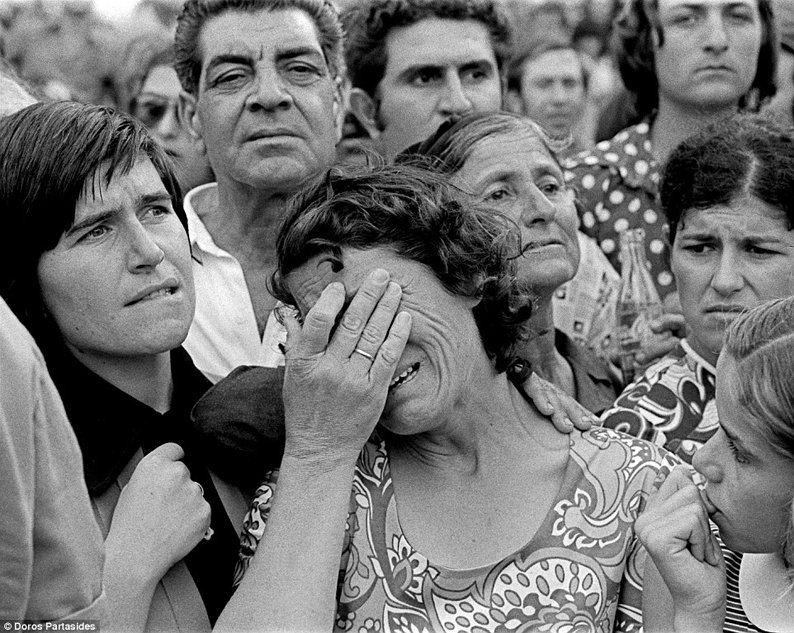Cyprus has failed to completely address traumatic issues people faced during the 1974 Turkish invasion, especially those of women who were raped, the ZOE vs War Violence foundation said on Tuesday.
The foundation is currently creating a series of psychoeducational workshops about the issue, which will seek to develop skills to cope with the stress of daily life.
According to head of the seminars Angeliki Hadjiloizou, the programme is geared towards helping people in Cyprus, as the government has failed to deal with the issues of traumatic experiences from the Turkish invasion.
The programme will also set to be translated into Turkish, and given for people in the Turkish Cypriot community, who have lived through similar experiences.
“Some traumatic experiences, such as rape, were unfortunately kept under the rug for years because they were a shameful taboo for the family and society, with the result that people who suffered such experiences not receiving help,” she said.
She said that until today very few people know the exact number of women who victims of rape on both sides.
Hadjiloizou expressed the hope that people who experienced traumatic experiences and rape would come to take part.
The programme is also addressed to other groups of women, girls and children who have lived through traumatic experiences because of war violence.
Hadjiloizou said the aim of the group experiential, psycho-educational workshops is to provide the participants with a safe space, where through the guidance of the trainers, they will be able to improve their everyday life.
The goal, according to Hadjiloizou, is the empowerment and improvement of the quality of life of the participants, who, in addition to the everyday challenges they face, have experienced the war, which in itself constitutes an important vulnerability factor.
For each workshop there will be 10 meetings, lasting one and a half hours, once a week.
The programme will inform people through the media and social media about its methods and practices and will then study the degree of public response.
“In collaboration with NGOs, other organised groups and with other institutions, organisations and even government agencies, efforts will be made to identify the people who will take part in the workshops,” she said.
Eventually the programme will also be translated into other languages so that it can be made available to women from many communities living in Cyprus, including Syrians, Ukrainians, and Afghanis.
On Monday, the federation of women’s movements (Pogo) said they welcomed the foundation’s initiative to have a monument created for the victims of rape during the 1974 Turkish invasion.
Pogo emphasised that in Cyprus, due to the absence of women all these years from political and public life, the consequences experienced by them during the invasion have remained in obscurity, silenced and not dealt with.






Click here to change your cookie preferences